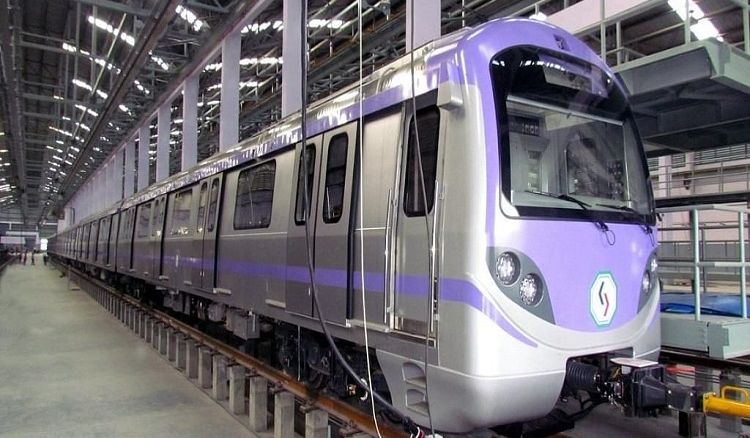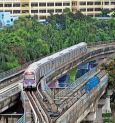In a delightful turn of events for the residents of Kolkata, the city is gearing up to embrace modern metro services with driverless technology. Following Delhi, Kolkata becomes the second city in India to introduce driverless metro operations.
Starting soon, the East-West Metro corridor will witness the deployment of five driverless trains, spanning from Sector V to Sealdah. Despite being driverless initially, each cabin will have a metro official for supervision, ensuring passenger safety and addressing any issues promptly.
Kolkata, known for pioneering metro services in India back in 1984, is now set to lead with cutting-edge driverless technology. The upcoming month is expected to mark the initiation of this service, with five new trains equipped with state-of-the-art technology. The East-West Metro project will feature driverless operations at eight stations, covering the stretch from Sector V to Sealdah.
Notably, Bengaluru-based Bharat Earth Movers Limited has manufactured the trains, each comprising six coaches. The design of the trains incorporates elements of the state’s culture, providing a unique aesthetic touch.
Furthermore, the metro route will boast wide tracks to facilitate smooth movement between coaches. To enhance passenger convenience, each coach will feature a “Talking Point” for communication. In case of any issues, passengers can directly communicate with station managers.
The cost of each of these driverless trains amounts to a staggering 65 crore INR. The implementation of advanced software ensures operation without human drivers, offering a new era of metro services in Kolkata.
Initially, the first four months will see human drivers in the trains for added caution, gradually transitioning to complete automation. The construction of four stations along the East-West Metro route is nearing completion.
As Kolkata Metro Rail strives to perfect the automated train operation system, it has conducted various tests, achieving a speed of 74 km/h. This speed is expected to increase gradually, marking a significant leap in metro technology.
 বাংলায় পড়ুন
বাংলায় পড়ুন














